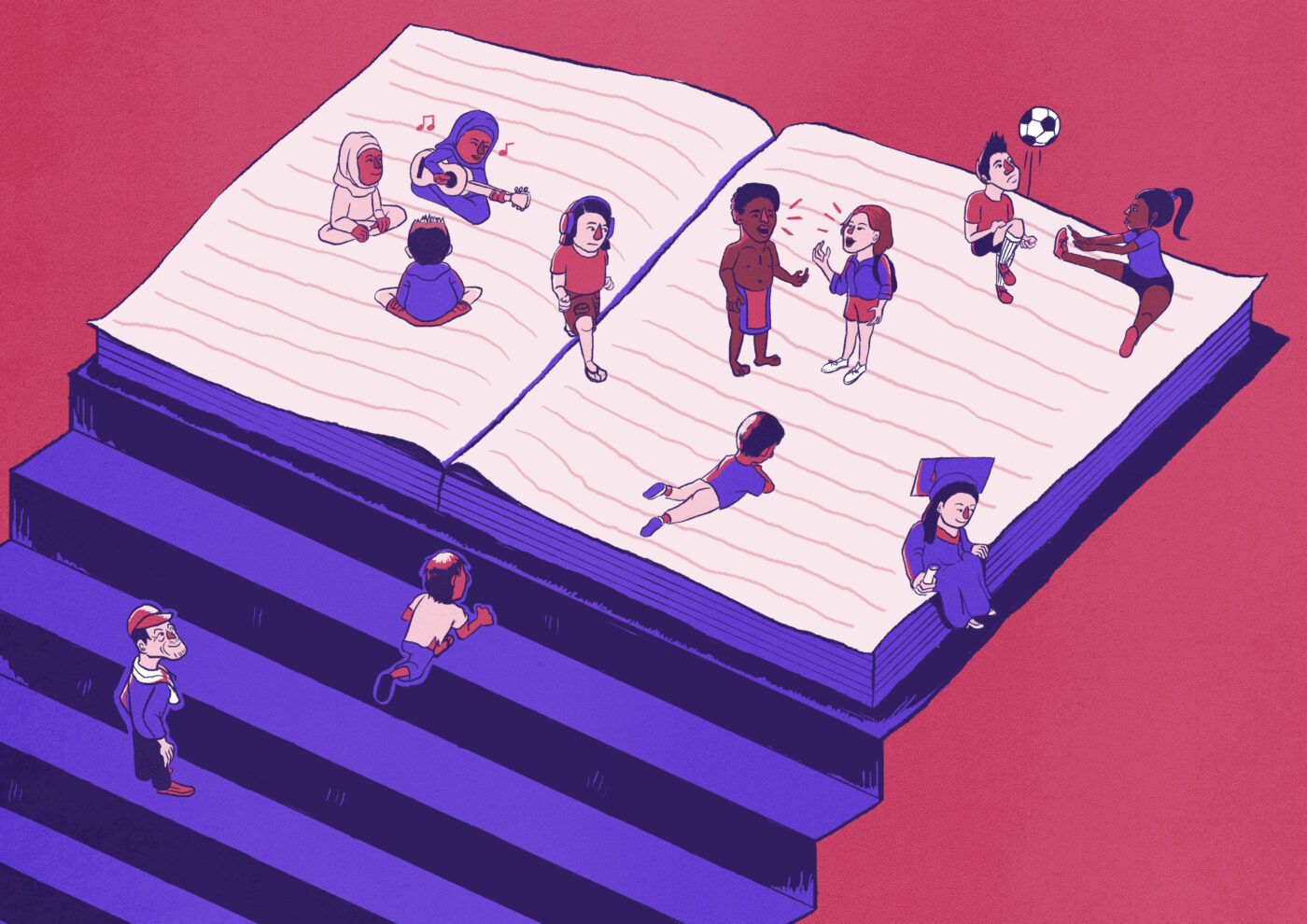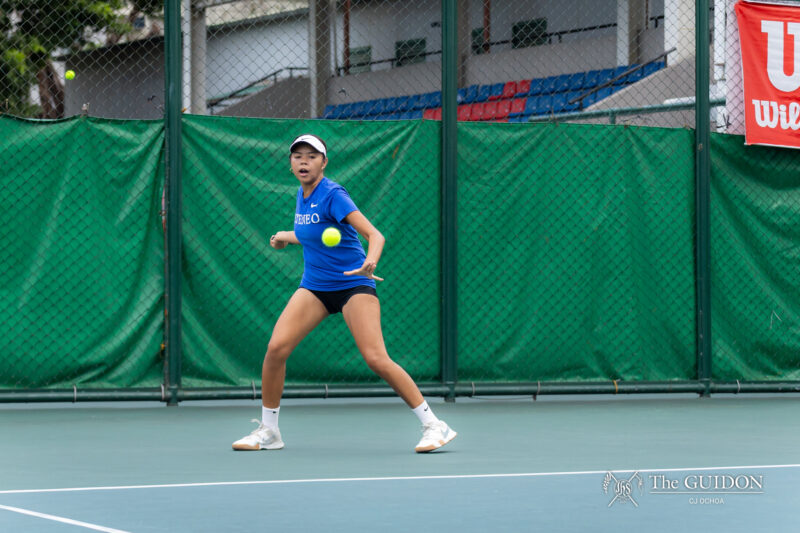AFTER HURDLING the famously lethargic processes of the Philippine Congress, free college tuition in state universities is now the law of the land.
President Rodrigo Duterte signed the Universal Access to Quality Tertiary Education Act (Republic Act 10931) last August 3 amid dissent from his economic managers.
The legislation proved to be popular across the aisle, as groups ranging from the congressional leadership to Liberals and Makabayan progressives have all expressed varying degrees of support for the bill.
“Everybody from the Senate President, majority and minority supported the bill,” Senator Paolo Benigno “Bam” Aquino, principal sponsor and co-author of the law, says.
Credit is also due for activists who have fought for free education in the streets, and have exerted considerable pressure to Congress to make this happen.
The law makes it free for all Filipinos to get an education in any of the State Universities and Colleges (SUCs), Local Universities and Colleges (LUCs), and Technical-Vocational Institutions (TVIs) in the country. The law also provides student loans and subsidies to students enrolling in private universities.
Proponents hold lofty ambitions for the policy, saying it will put the country at par with the likes of Sweden and Germany in terms of higher education.
However, critics say the plan is counter-intuitive to its goal of making tertiary education more accessible to the poor.
Time will soon put these bold predictions to the test as the law will take effect in the 2nd semester of school year 2017-2018.
The middle class trap
There is certainly precedent for a policy such as this. But across the world, universal tertiary education has a mixed track record. Critics point to the Australian experience as a prime example of the pitfalls of untargeted college subsidies.
In 1974, tuition fees were abolished by the Australian government, who took on the responsibility of funding the nation’s tertiary education system. The government then believed that an expansion of the educational system would be beneficial to economic growth and would level the playing field for all income groups.
Participation rates in colleges all over Australia soured because of this, as middle class students, rather than the lower classes, took advantage of the subsidy.
Meanwhile, government spending on higher education almost tripled, demanding a larger share of the national budget. Ironically, the number of higher education institutions shrank during the same period as the government frantically tried to reduce costs. Tuition fees were gradually reintroduced in 1989 to ease the financial burden on the state.
Critics are worried the same situation may happen here. The country’s economic managers, Budget Secretary Benjamin Diokno, Finance Secretary Carlos Dominguez III, and Socioeconomic Planning Secretary Ernesto Pernia say that the non-poor students who “predominate in SUCs” stand to gain the most from the law.
“An untargeted tuition subsidy to all undergraduate students enrolled in SUCs will mostly benefit those who belong to the upper 80% who can otherwise afford to pay for college education, while many deserving and qualified poor children, who are unable to enroll in SUCs due to financial constraints, will be left out,” they said in a joint statement addressed to Executive Secretary Salvador Medialdea.
Not so, counters Aquino. The difference lies in demographics.
“Dito kasi, 90% [of the total population] are poor, near poor, and the lowest aspect of middle class. So ‘pag sinabi mo na ‘who is this for?,’ we are actually looking up to 90% of the country. And even ‘yung last 10% mo, that’s middle class, that’s your upper class, and that’s your ultra rich. That’s 1% of the 1%.”
Aquino admits that the poorest sections of society, the two lowest deciles, might not be the main beneficiaries of the policy. “But si third decile mo, all the way to eighth and even ninth decile, are still Filipinos who need help,” he argues.
“If you look at the experience of many Filipinos…more than half will not graduate in their fourth year…and they end up wasting that one or two years na nakapag-college only to drop out eventually because ‘di nila kaya ‘yung gastos (they cannot afford the costs),” he says.
Debt by other means
But if the tuition fees don’t sink you, then the living expenses will.
Another criticism of the law is that it does not help students with the other costs associated with tertiary education. Living expenses, such as lodging and food, often place an even heavier burden on the student than tuition fees. A recent study by the Philippine Institute for Development Studies showed that living allowances and instructional materials constitute two-thirds of total college costs.
Students might find themselves in a situation where they are saddled with debt, or else forced to drop out altogether. This is seen even in countries like Sweden, where despite the provision of free college education, students end up with higher debt there than in the United Kingdom, where college is not free.
To be sure, the government-issued Student Financial Assistance Programs (StuFAPs) will still be made available to students in need. The new law will “strengthen all scholarships, grants-in-aid, student loans, subsidies, and other incentives, to other educational expenses and cost of living allowance that will be incurred by students in pursuing higher education in SUCs.”
The law also addresses the intolerably low repayment rate for student loans, which is estimated to be around 2%. Under the new law, repayments for the Study-Now-Pay-Later program will be coursed through the Social Security System (SSS) and the Government Social Insurance System (GSIS).
“If we’re able to slowly show that the student loan program now that is connected to GSIS and SSS payments are working, then we could see that it could be funded more in the years to come. Pero right now, considering where we are…[free tuition] seems to be the best option that we have,” says Aquino.
Bigger dreams, bigger budgets
In total, Aquino estimates the program will cost around Php 25 to 3o billion. This will be in the form of a bigger budget allocation for the Commission on Higher Education in the General Appropriations Act for 2018. Contrary to popular opinion, no new taxes will have to be levied in order to fund the expenses.
For the past few years, the country has been experiencing a rapid expansion in the economy, which has led to larger tax revenues without the imposition of new taxes. The year 2017 saw the largest national budget to date at Php 3.35 trillion, and is still expected to increase in 2018.
“The increase in the budget [from 2017 to 2018] is close to Php 600 B, and if we are looking at Php 30 B [for the free tuition], it will be taken from [there],” he says.
However, recent statements by Diokno have pegged the costs at around Php 100 B. “‘Di kaya ng gobyerno ‘yan (The government cannot afford it),” Diokno said. Subsequently, provisions for free tuition have been omitted from the 2018 budget proposal.
Despite this, Aquino is convinced that the gains from this policy will outweigh the costs. Aquino’s allies in the House of Representatives have had success implementing a smaller, local version of the policy in their respective locales.
“I am not sure if it’s a formal study… but ‘yung experience ni [former Albay Governor] Joey Salceda in Albay, he was able to drop the poverty incidence rate… ‘yun ‘yung kanilang model that [congressmen] were trying to espouse in Congress,” he says.
“If you ask me, is it worth it to ensure that a lot of our graduates who enter college actually finish? I think so. I think that’s something that every young Filipino wants, every Filipino family dreams of, and at the end of the day, a more learned, more educated populace will have more opportunities in terms of jobs,” he adds.




